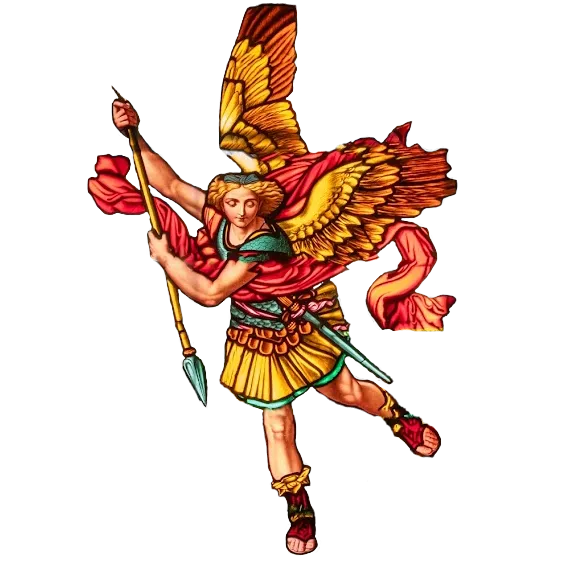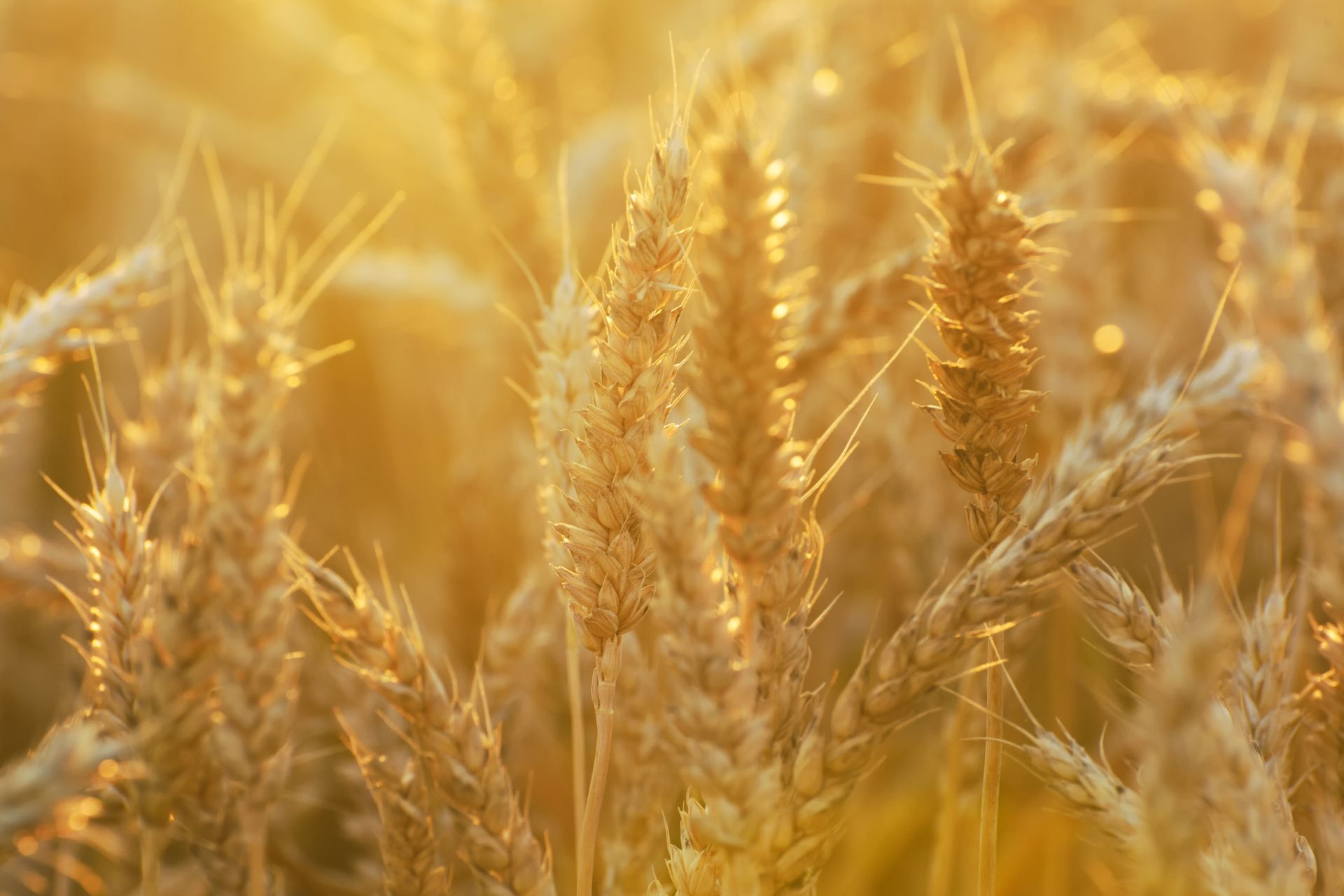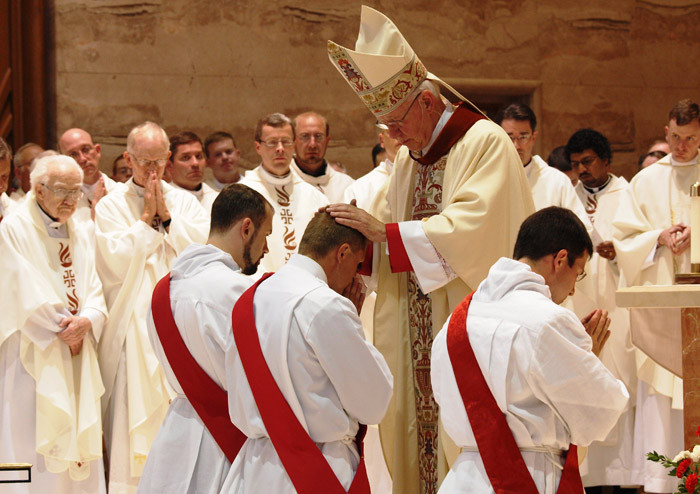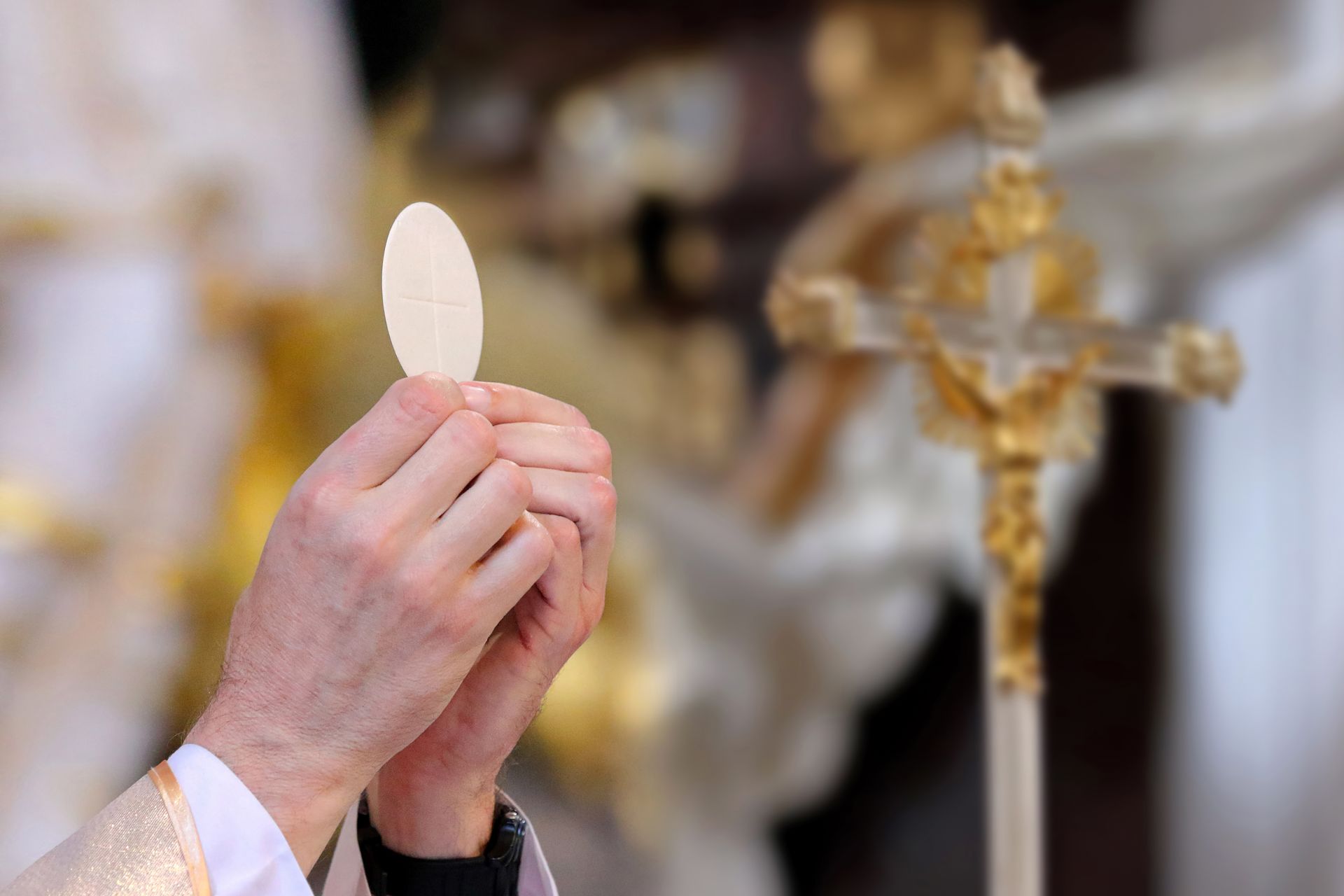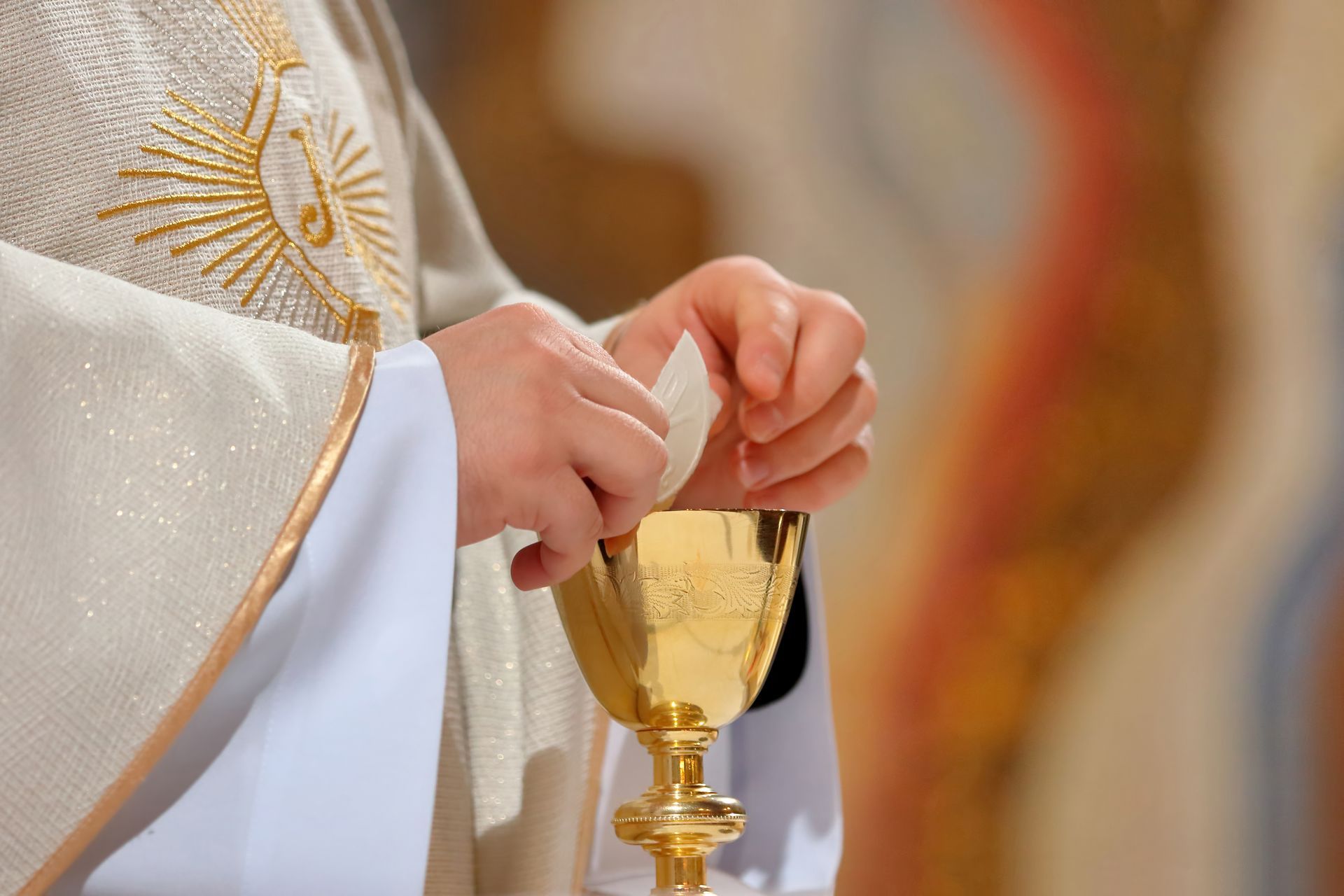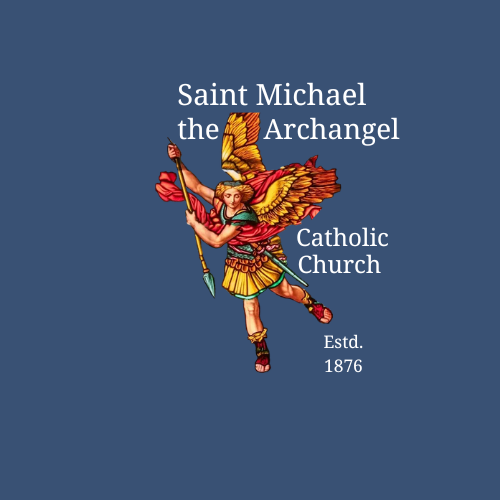Holy Orders
...and, like living stones, let yourselves be built into a spiritual house to be a holy priesthood, to offer spiritual sacrifices acceptable to God through Jesus Christ. (1 Peter 2:5)
What is the Sacrament of Holy Orders?
Holy Orders is the Sacrament at the Service of Communion whereby a man is ordained to serve the Church as a deacon, priest, or bishop. Men who receive the Sacrament of Holy Orders are called by God to the ministry of preaching and administering the Sacraments in Christ's name. Through this Sacrament, the mission entrusted by Christ to the Apostles has been handed on faithfully and will continue to be handed on until the end of time. The Sacrament is conferred in three levels. (Cf. CCC 1087, 1142,1535, 1598)
I exhort the presbyters among you, as a fellow presbyter and witness to the sufferings of Christ and one who has a share in the glory to be revealed. Tend the flock of God in your midst, [overseeing] not by constraint but willingly, as God would have it, not for shameful profit but eagerly. Do not lord it over those assigned to you, but be examples to the flock. (1 Peter 5:1-3)
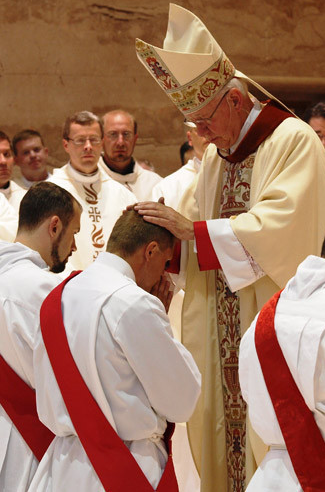
Service of the faithful by teaching the Faith and administering the Sacraments is the main purpose of Holy Orders. Holy Orders is called a Sacrament at the Service of Communion because it primarily exists for the sanctification of others. (Cf. CCC 1534-1535)
Holy Orders presupposes a divine vocation. "No one takes this honor upon himself but only when called by God" (Hebrews 5:4). Bishops, priests, and deacons are servants of the Word of God and God's Sacraments. They dedicate themselves to lives of self-denial and sacrifice for the good of others. In the Western Church, moreover, ordination to the transitional diaconate and to the priesthood is ordinarily received only by candidates who freely and publicly embrace a life of celibacy. (Cf. CCC 1578,1599)
"Holy Orders is the sacrament through which the mission entrusted by Christ to his apostles continues to be exercised in the Church until the end of time…It includes three degrees of order: episcopate, presbyterate, and diaconate." (Catechism of the Catholic Church, 1536).
Deacons, priest and bishops are essential to the Catholic Church because we believe that they continue the work begun by the apostles.
A bishop receives the highest level of Holy Orders and participates fully in the priesthood of Christ. Bishops are the successors of the Apostles and members of the college of bishops, of which the Pope is the head. A bishop is usually the head of a diocese, called a particular church. He has the power to ordain deacons, priests, and other bishops. (Cf. CCC 1313,1557,1594)
A priest, whose role is to assist his bishop, often cares for a community of the faithful called a parish. Priests celebrate the Eucharist and administer the Sacraments of Reconciliation, Baptism, Matrimony, the Anointing of the Sick, and, in certain circumstances, Confirmation. (Cf. CCC 1548, 1565)
A deacon, whose role is to assist his bishop, is a minister of the Gospel and Holy Communion and is ordained to perform acts of service and charity, serving the bishop and parish in many ways. In the Western Church deacons also celebrate the Sacraments of Baptism and Matrimony. (Cf. CCC 1570)
Catechism of the Catholic Church addresses this question, paragraph 1536
-The Didache Bible
Meet Our Clergy at Saint Michael Parish and Our Bishop of the Archdiocese of Boston.
Who Receives Holy Orders?
The Second Vatican Council reminds us that the mission of ordained clergy, while unique, is interrelated to the mission of the lay faithful:
The Church confers the sacrament of Holy Orders only on baptized men (viri), whose suitability for the exercise of the ministry has been duly recognized. Church authority alone has the responsibility and right to call someone to receive the sacrament of Holy Orders.
In the Latin Church the sacrament of Holy Orders for the presbyterate is normally conferred only on candidates who are ready to embrace celibacy freely and who publicly manifest their intention of staying celibate for the love of God's kingdom and the service of men. (Catechism of the Catholic Church, 1598-1599)
Though they differ from one another in essence and not only in degree, the common priesthood of the faithful and the ministerial or hierarchical priesthood are nonetheless interrelated: each of them in its own special way is a participation in the one priesthood of Christ. The ministerial priest, by the sacred power he enjoys, teaches and rules the priestly people; acting in the person of Christ, he makes present the eucharistic sacrifice, and offers it to God in the name of all the people. But the faithful, in virtue of their royal priesthood, join in the offering of the Eucharist. They likewise exercise that priesthood in receiving the sacraments, in prayer and thanksgiving, in the witness of a holy life, and by self-denial and active charity. (Lumen Gentium 10)
MASS TIMES & CONFESSION TIMES
Join us and participate in the sacraments, VIEW HERE the schedules of Mass and Reconciliation.



